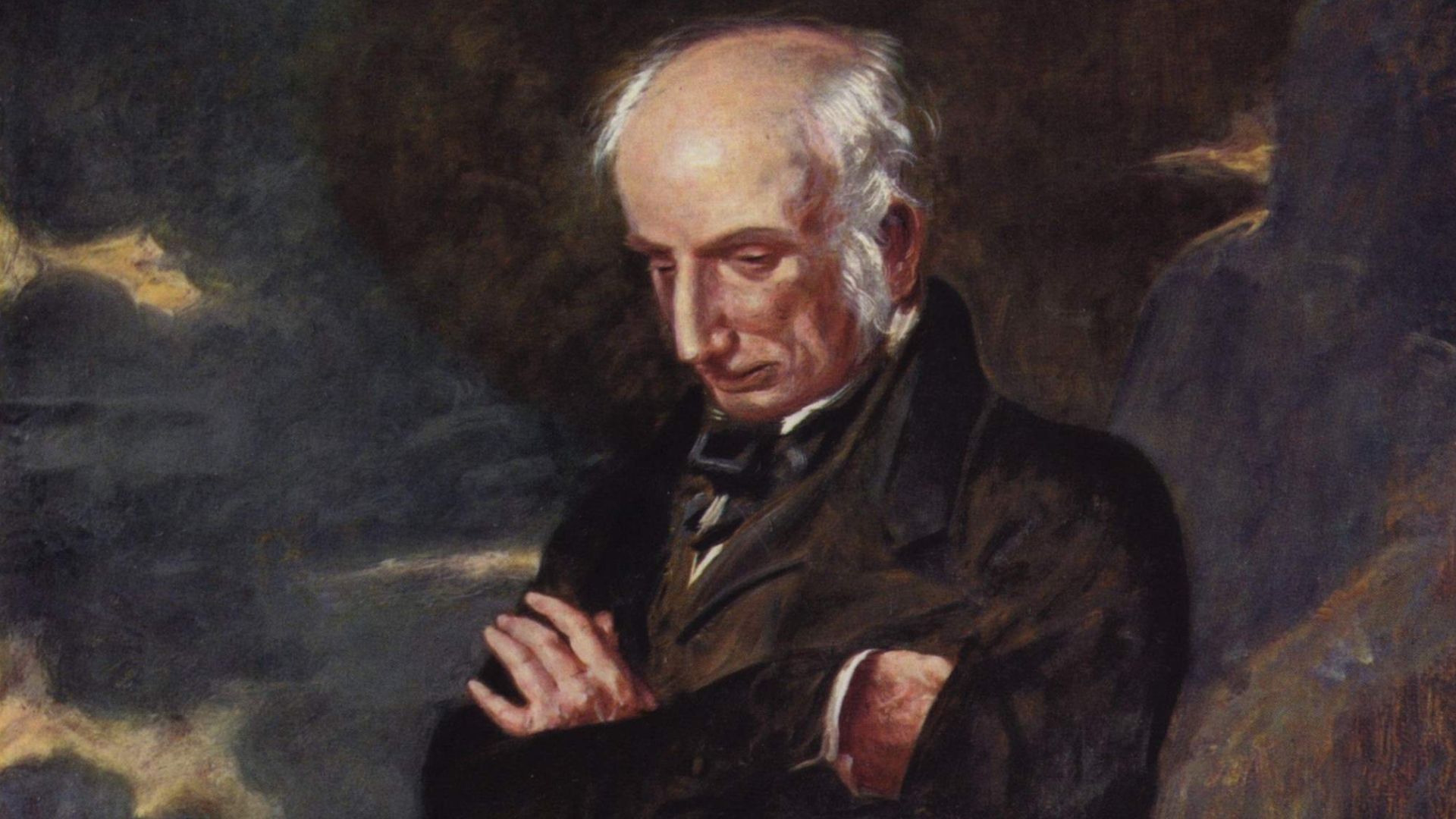The World Is Too Much With Us; Late And Soon Comments
The world is too much with us; late and soon,
Getting and spending, we lay waste our powers:
Little we see in Nature that is ours;
We have given our hearts away, a sordid boon!
...
Read full text
The world is too much with us; late and soon, Getting and spending, we lay waste our powers: Little we see in Nature that is ours; We have given our hearts away, a sordid boon! The great Wordsworth
The nature is the nature that nature dominates through nature.
Wordsworth stands for worthy words.It is a gift of him to possess such a poetical verve to pen beautiful poems based on his philosophical thoughts, eulogising Nature.Every narrative tends to visualise his imagination.He is truly a Great Poet!
A great composition of the connection between man and nature. It is impossible not to fall in love with it.
wat do u mean im 7 bla b l a b l a b l a b l a b l a b l a b l a b l a
Hi, The Great Natural poet in this world, this poem remember in my higher-secondary school days. Play while you Play and Work while you. This is awareness poem all human world.
really Wordsworth is great natural poet- Little we see in Nature that is ours ...... This Sea that bares her bosom to the moon; The winds that will be howling at all hours, And are up-gathered now like sleeping flowers; For this, for everything, we are out of tune,
The poem opens with a complaint, saying that the world is out of whack and that people are destroying themselves with consumerism (getting and spending) . The world is too much with us sounds odd, and could mean several things. It could mean that the world life in the city, contemporary society – is just too much, as in This is too much for me, and I can't take it anymore. The world might refer to the natural world instead of the city, in which case it would mean that humanity i
Not less Wordsworthy. I remember reading and reciting this particular piece back during high-school days. William Wordsworth is, no doubts, one of my earliest literary instructors. Grand piece there.
This is one of my favourite Wordsworth poems. It is simply divine. To me, it laments the passing of youth, when we were more in tune with the natural world. We lose that ability as we grow older and immerse ourselves in the machinations of the man-made world: We have given our hearts away, a sordid boon! . The poet notices how unmoved we've become by this natural splendour and instead tries to recapture that connection through some spectacular vivid Pagan imagery.
'Tis pain to bear the price in pain Which wisdom counts as culture's gain The fruit of knowledge drives insane; Romance lost that erudite remain.
The nature poet again at his best lamenting man's insensitivity.
So many years ago a high school English teacher asked her students to commit a poem to memory. She suggested at sometime in our future we may go back to this poem hoping we would have more understanding or perhaps just enjoy the memory. I never forgot the first two lines which in today's world are much more poignant. Every time I hear of a friend drop off the electrical grid or see folks standing in line to buy the next great piece of technology I think of these lines and say, Thanks Mrs. Johnson.
The elements used to identify the Romantic poetry is the nature quality. The rhyme scheme is ABBAABBA.
‘Getting and spending we lay waste our powers’ is one of those lines that is impossible to forget, as is ‘For this, for everything we are out of tune.’ Wordsworth is referring to nature –see also his poem beginning ‘Earth hath not anything to show more fair’, which describes his own full-hearted joyous response to an early morning view of London. The present sonnet asks why others are unable to share his all-consuming passion for natural beauty. His answer is that we expend all our energies on those ultimately meaningless routines necessary for making a living, and for this we pay a heavy price -‘It (nature) moves us not’. The reference to our Greek heritage is brilliant as it links past and present. We must get our priorities right if we are to satisfactorily answer the ultimate devastating question, ‘ And what did you do with your life? ’
A good friend of mine in Brooklyn recommended I read this poem; it seems he knows me better than I thought, I'll never tell though! My days spent inside, alas, the bread must be won! My afternoons/evenings/nights....spent at the helm of this maddening technology....when will I ever stop and smell the roses....when will ever stop and lay eyes upon such a gem? ? Never...tomorrow? ? ...Today! ! ! !
I think this is a great poem and i can relate to a lot of thing he says

Almost all poets, rather, almost Us educated and also Us, uneducated, are fascinated by mythology and its relations with Woman and Man, Emoticons as deceit, envy, passion, rage, revenge, love and suffering... If it was a painting trending, what would mythology be? All those mysteries, all interlaced paths, all being we.